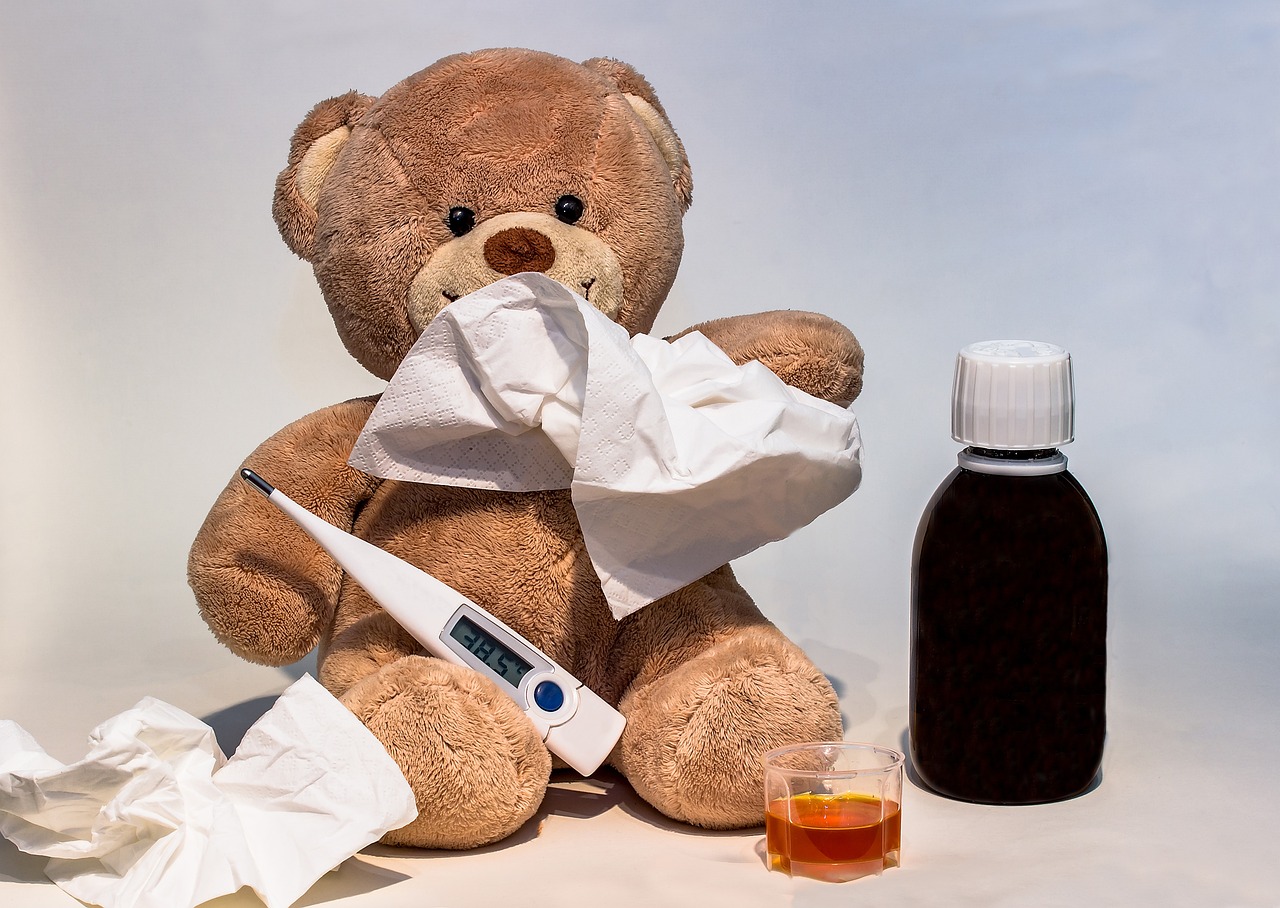Understanding the Role of Microbiome in Digestive Health
Gut bacteria play a crucial role in maintaining overall health and well-being. These tiny microorganisms reside in the digestive tract and are essential for proper digestion, nutrient absorption, and immune function. Imbalances in gut bacteria can lead to a variety of health issues, including digestive problems, inflammation, and even mental health disorders.
The diversity and abundance of gut bacteria are influenced by various factors, such as diet, lifestyle, and environment. Consuming a diet rich in fiber and whole foods can support a healthy balance of gut bacteria, while processed foods and sugar can disrupt this delicate ecosystem. Maintaining a healthy gut microbiome is key to promoting optimal health and preventing diseases.
The Relationship Between Diet and Gut Health
The food we consume plays a critical role in shaping the composition of our gut microbiota. A diet rich in diverse fruits, vegetables, whole grains, and lean proteins provides essential nutrients that support the growth of beneficial bacteria in the gut. On the other hand, a diet high in processed foods, refined sugars, and saturated fats can disrupt the balance of gut flora, leading to inflammation and digestive disturbances. Studies have shown that a diet low in fiber and high in sugar can promote the growth of harmful bacteria in the gut, contributing to conditions such as irritable bowel syndrome and inflammatory bowel diseases.
Furthermore, certain dietary components, such as prebiotics and probiotics, can have a direct impact on gut health. Prebiotics are non-digestible fibers that serve as food for beneficial bacteria in the gut, promoting their growth and activity. Foods rich in prebiotics include onions, garlic, bananas, and asparagus. Probiotics, on the other hand, are live bacteria and yeasts that confer health benefits when consumed in adequate amounts. Fermented foods like yogurt, kefir, kimchi, and sauerkraut are good sources of probiotics that can help maintain a healthy balance of gut bacteria and support digestion.
• A diet rich in diverse fruits, vegetables, whole grains, and lean proteins supports the growth of beneficial bacteria in the gut
• Processed foods, refined sugars, and saturated fats can disrupt the balance of gut flora
• Diets low in fiber and high in sugar can promote harmful bacteria growth in the gut
• Prebiotics are non-digestible fibers that feed beneficial bacteria in the gut
• Foods rich in prebiotics include onions, garlic, bananas, and asparagus
• Probiotics are live bacteria and yeasts that provide health benefits when consumed adequately
• Fermented foods like yogurt, kefir, kimchi, and sauerkraut are good sources of probiotics
• Probiotics help maintain a healthy balance of gut bacteria
• Probiotics support digestion.
Common Digestive Issues Linked to Imbalance in Gut Flora
Digestive problems are often linked to an imbalance in gut flora, which can disrupt the delicate ecosystem of microorganisms residing in our intestines. This imbalance can lead to issues such as bloating, gas, diarrhea, and constipation. When the beneficial bacteria in our gut are outnumbered by harmful bacteria, it can result in inflammation and difficulty digesting food properly.
Furthermore, an imbalance in gut flora has been associated with more serious conditions such as irritable bowel syndrome (IBS), inflammatory bowel disease (IBD), and even autoimmune disorders. These conditions can cause chronic discomfort and interfere with daily life. Maintaining a healthy balance of gut bacteria through a nutrient-rich diet and probiotic supplements can help alleviate these digestive issues and improve overall gut health.
What role do gut bacteria play in our digestive system?
Gut bacteria play a crucial role in digesting food, absorbing nutrients, and maintaining a healthy immune system.
How does diet impact the balance of gut flora?
Diet plays a significant role in shaping the composition of gut flora. A diet high in processed foods and low in fiber can disrupt the balance of gut bacteria.
What are some common digestive issues associated with an imbalance in gut flora?
Common digestive issues linked to an imbalance in gut flora include bloating, gas, constipation, diarrhea, and irritable bowel syndrome (IBS).
How can one improve gut health and restore balance to the gut flora?
Consuming a diet rich in fiber, probiotics, and prebiotics can help improve gut health. Additionally, reducing stress, getting enough sleep, and staying hydrated are also important for maintaining a healthy gut.







